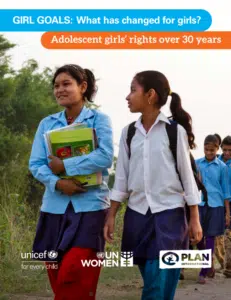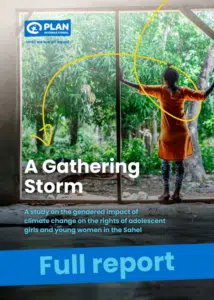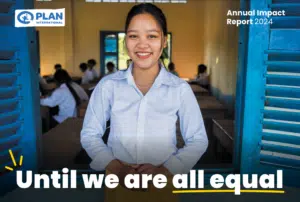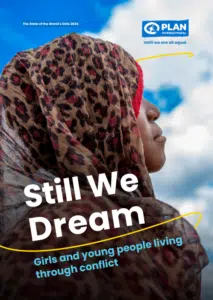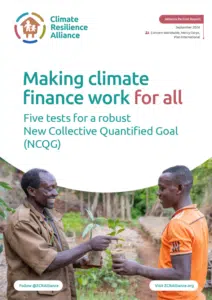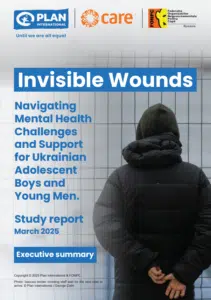
Humanitarian - 28 March 2025
Invisible Wounds: Navigating Mental Health Challenges and Support for Ukrainian Adolescent Boys and Young Men
The study highlights how displacement, traditional masculinity norms, and cost are preventing many young men from accessing critical mental health services.

